Our research focuses on the understanding of diversity, distribution and connectivity patterns of deep-sea species and habitats, and how ecological and evolutionary processes, as well as anthropogenic pressures underpin such patterns.
We combine various knowledge systems and disciplines from both the natural and social sciences and humanities (biology, ecology, law of the sea), and integrate various methods from ocean exploration using advanced technology (e.g. ROVs, sensors), through to eDNA metabarcoding, and ecological modelling.
Our study areas comprise the deep temperate and (sub-)tropical Atlantic, although some studies have a global scope. We focus on sponges (phylum Porifera) and corals (phylum cnidaria), and the habitats they form, i.e. sponge grounds, coral gardens, and seapen fields along continental margins as well as on offshore seamounts and mid-ocean ridges.
We are also committed to advance the science-policy-society interface, working with local communities to integrate their knowledge and perceptions on marine biodiversity into decision-making; as well as developing tools and transferring knowledge to support the implementation of agreements and instruments for sustainable management, conservation and restoration of deep-sea habitats.
In 2023, we founded the DEEP-biobank, a biobank of deep-sea marine resources aimed at supporting fundamental research and innovation in the blue biotech sector. The DEEP-biobank is composed of a vast collection of deep-sea sponges and corals of the deep Atlantic Ocean, and aims to provide services (identification and characterization), and samples in various forms (biomass, DNA and biomaterials).
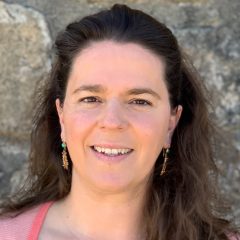
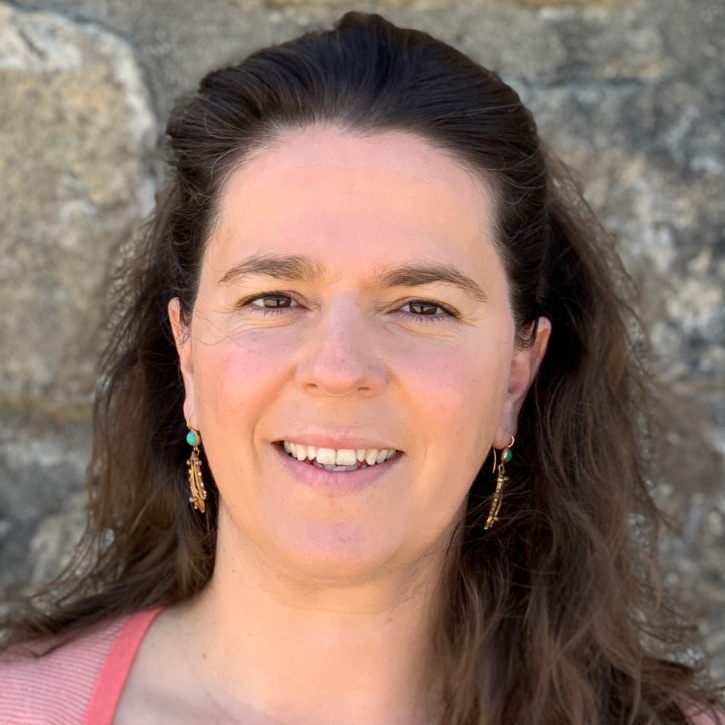
I am an Assistant Researcher and leader of the Deep-Sea Biodiversity and Conservation Research Team (DEEP) at CIIMAR – University of Porto (Portugal), and an invited Associate Professor in Deep-Sea Biology at the Department of Biological Sciences of the University of Bergen (Norway). I hold a PhD in Biology (2009, University of Amsterdam) and a degree in Marine Biology (2003, University of the Azores). My research focuses on the understanding of basin-scale diversity, biogeographic, and connectivity patterns of deep-sea vulnerable marine species and habitats (e.g. sponge grounds, cold-water coral gardens), using a combination of disciplines (taxonomy, systematics, ecology and genetics), and exploration and sampling tools (remotely operated vehicles, towed cameras). I also strive to advance the science-policy-society interface, working with local communities to integrate their knowledge and perceptions on marine biodiversity into decision-making; as well as developing tools and transferring knowledge to support the implementation of agreements and instruments for sustainable management, conservation, and restoration of deep-sea habitats. Over the years, I have trained and mentored over 30 students from BSc to PhD levels in the fields of sponge taxonomy, systematics, phylogenetics, and population genomics. I co-coordinated the H2020 SponGES project, and currently coordinate the DEEPbaseline project, an awardee of the Ocean Conservation Fund, and the SponBIODIV project funded in scope of the European Biodiversity partnership (Biodiversa+). I collaborate with a vast network of scientists from around the globe, as well as with local fishing communities.

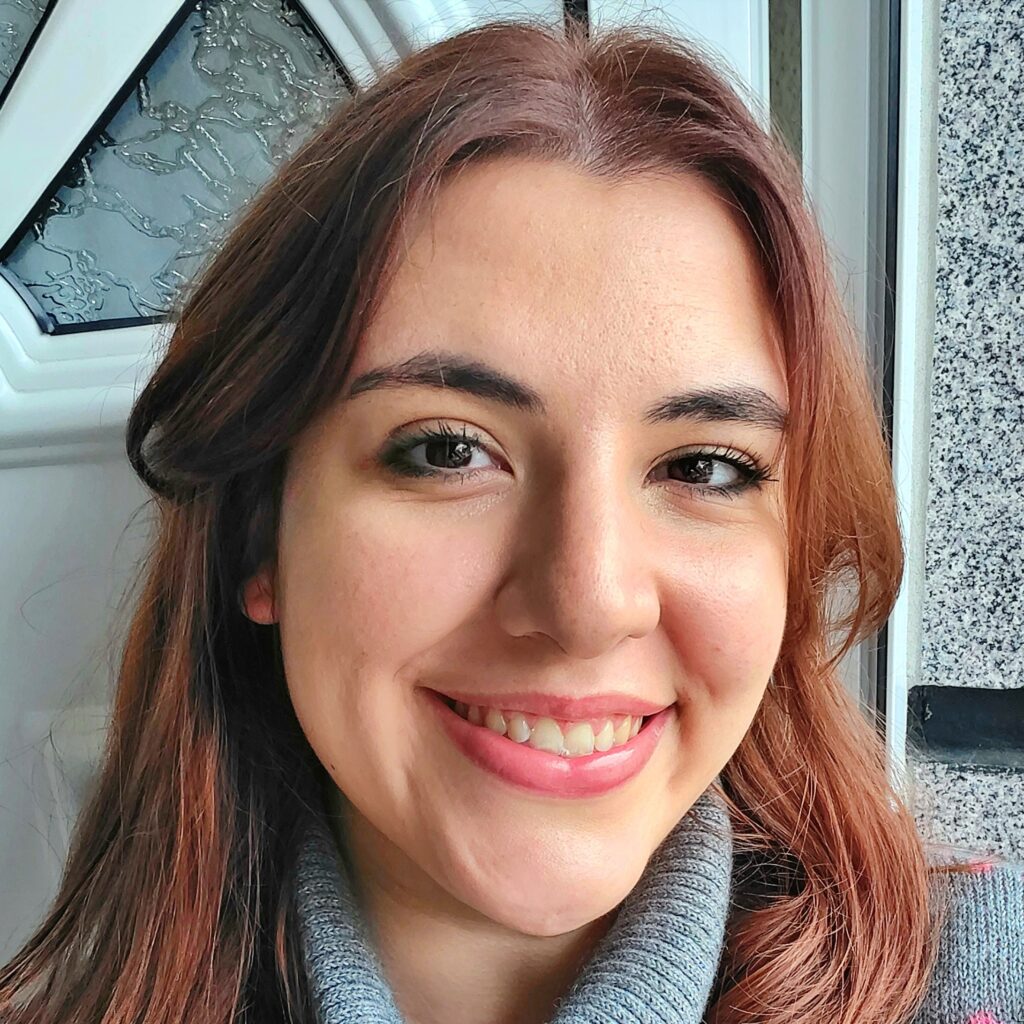
Ana Soares is a marine biologist with a BSc in Aquatic Sciences (2019) at the University of Porto and a master’s degree in Applied Marine Biology (2021) from University of Aveiro. Her research is focused on developing a baseline of fishers’ local ecological knowledge and scientific knowledge to support mapping and conservation of deep-sea vulnerable marine ecosystems in Portugal mainland.

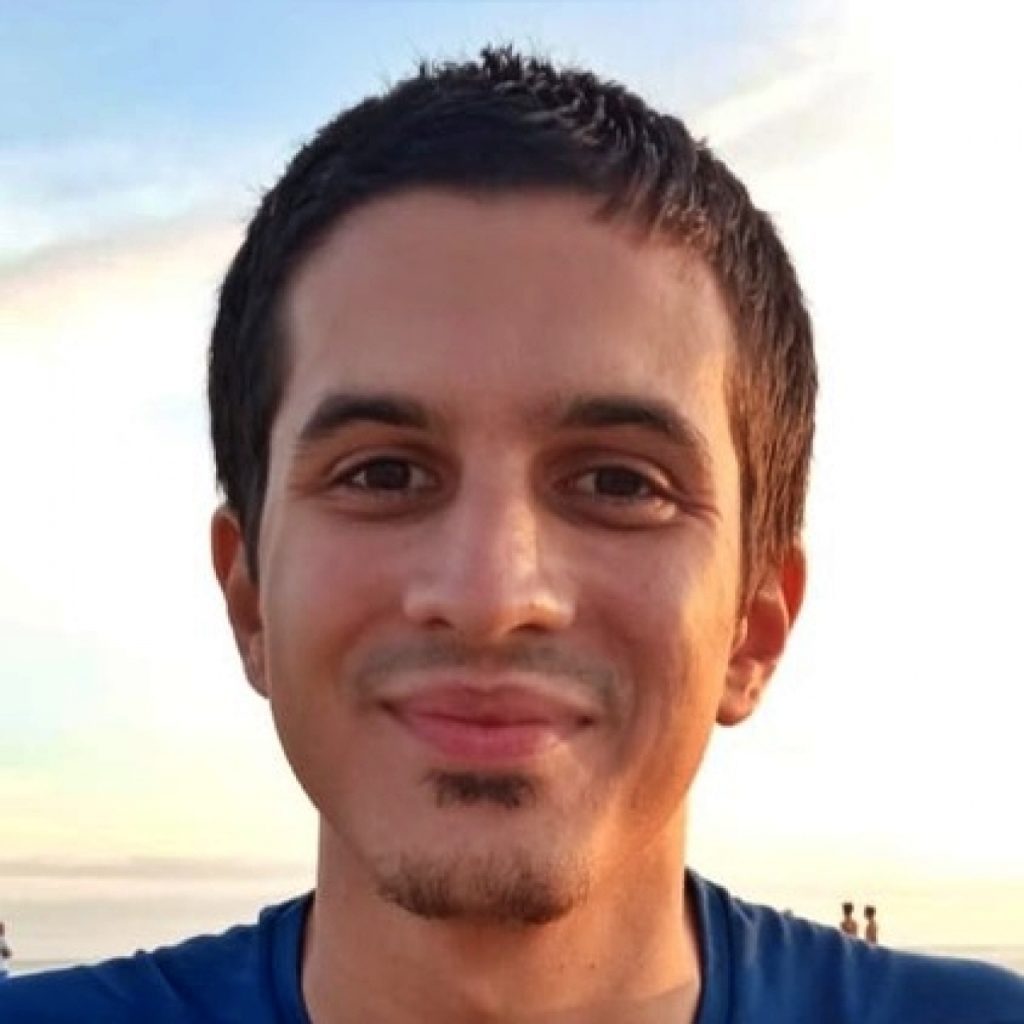
Andreu holds a PhD in Marine Science (2022) from the Institute of Marine Sciences in Barcelona (Spain). His main line of research focuses on the ecology, conservation, and restoration of benthic ecosystems, particularly of sponge habitats. Specifically, his investigation focuses on the usage of ROV and other non-invasive techniques to study the diversity, structure and dynamic processes of deep-sea benthic ecosystems occurring in mesophotic and deep-sea areas and how this information can be effectively incorporated into developing and validating cost-effective active restoration and mitigation techniques for the conservation and management of the marine realm.
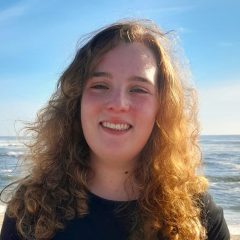
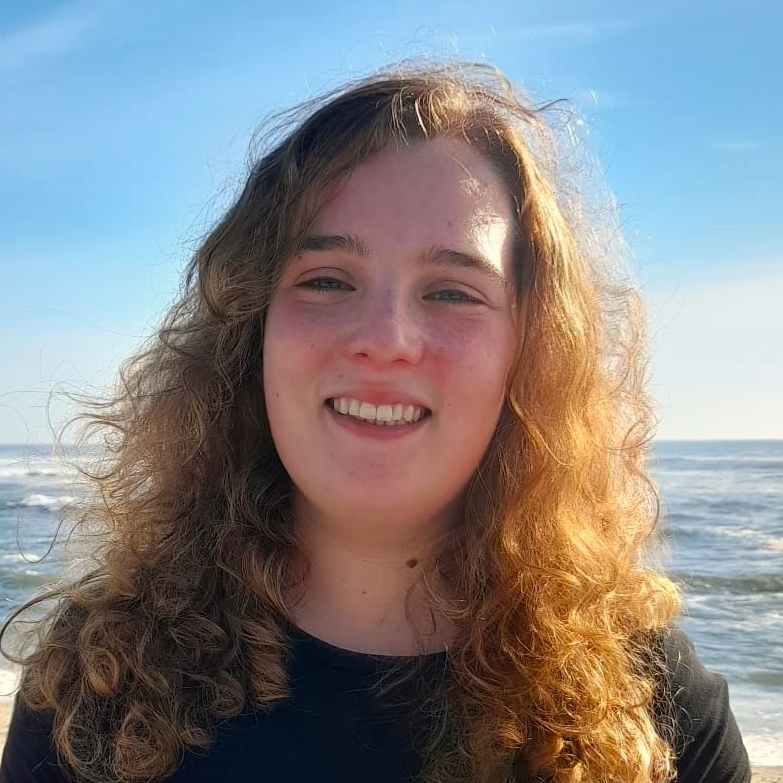
Beatriz holds a BSc in Aquatic Sciences (2021) at the University of Porto and is taking a MSc in Marine Biology from the University of Algarve. She is currently doing her Master Thesis at CIIMAR as a member of the Deep-Sea Biodiversity and Conservation team, with the objective of studying the diversity and biogeography of the genus Petrosia (Porifera, Petrosiidae) across the Atlanto-Mediterranean region.
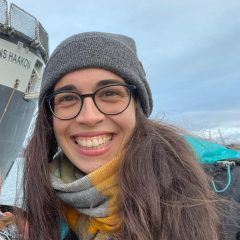

Carolina Ventura Costa is a marine biologist with an interest in deep-sea ecosystems. She graduated in Biology from the University of Aveiro (2018), completed an internship at the University of Plymouth (2019), and earned a Master’s degree in Marine Sciences from the Faculty of Sciences, University of Lisbon (2022). She has a particular interest in the conservation of vulnerable deep-sea habitats (such as sponge gardens and cold-water corals) and the application of ecological modeling to study their biodiversity, distribution, and resilience. In addition to her background in marine ecology, she has experience in scientific data management, having worked as a Data Steward at the Gulbenkian Institute of Science (2022-2024), where she helped implement data management practices aligned with FAIR principles and Open Science.
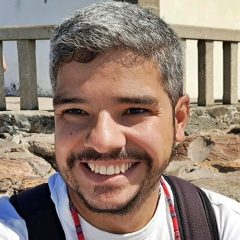
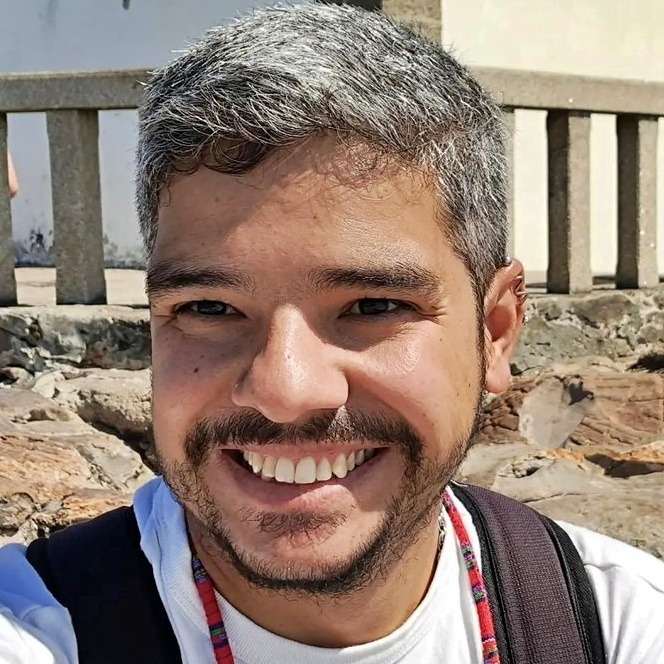
Celso Domingos holds a BSc in Biological Sciences from Estácio de Sá University (2014) and a MSc in Biodiversity and Evolutionary Biology at the Federal University of Rio de Janeiro (2016). Currently he is a student of the Doctoral Program in Marine Science, Technology and Management (Do*Mar) at the University of Porto, and a Blue Young Talent (BYT) fellow. His main research interests are on taxonomy, systematics and biogeography of sponges, with a focus on glass sponges (class Hexactinellida). He addresses these and other questions of this group using integrative approaches that combine morphological, molecular and ecological data and in the use of this information to support conservation strategies and sustainable use of the natural resources.

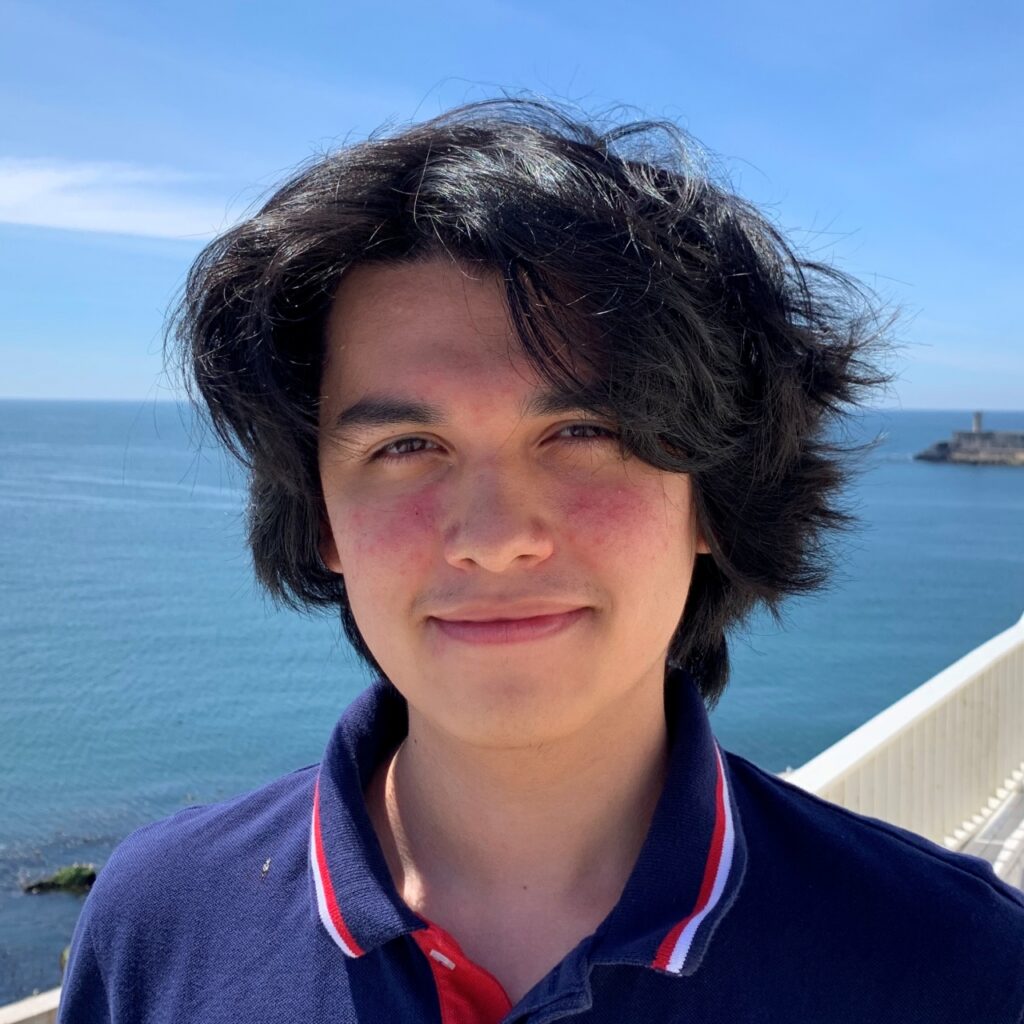
Daniel Despujols holds a BSc in Aquatic Sciences (2019) and a MSc in Marine Sciences – Marine Resources (2021), both awarded at the University of Porto (Portugal). Currently, he is a research technician responsible for managing the DEEP-biobank. His activities are focused on the taxonomic identification and characterization of deep-sea sponges and corals (phyla Porifera and Cnidaria) by means of morphological and molecular approaches (e.g. scanning electron microscopy, DNA barcoding).
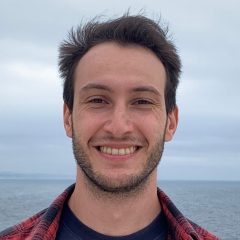
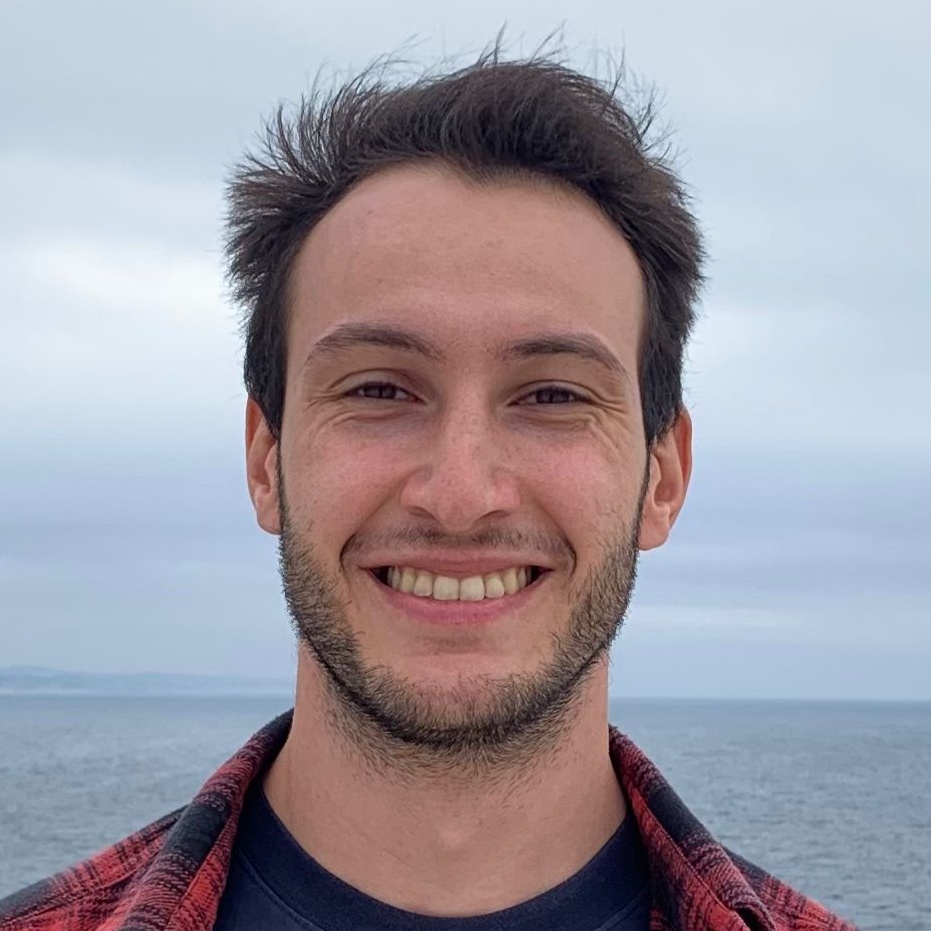
Graduated in Aquatic Sciences at ICBAS – UP and is currently finishing master’s degree in Management and Conservation of Nature at University of Açores, by doing the master’s thesis in collaboration with the Deep-Sea Biodiversity and Conservation team at CIIMAR. The current research interest is marine conservation and marine protected areas considering marine sponges. Other interests for future work include sustainability and deep-sea marine ecology and biology.
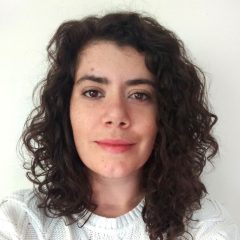
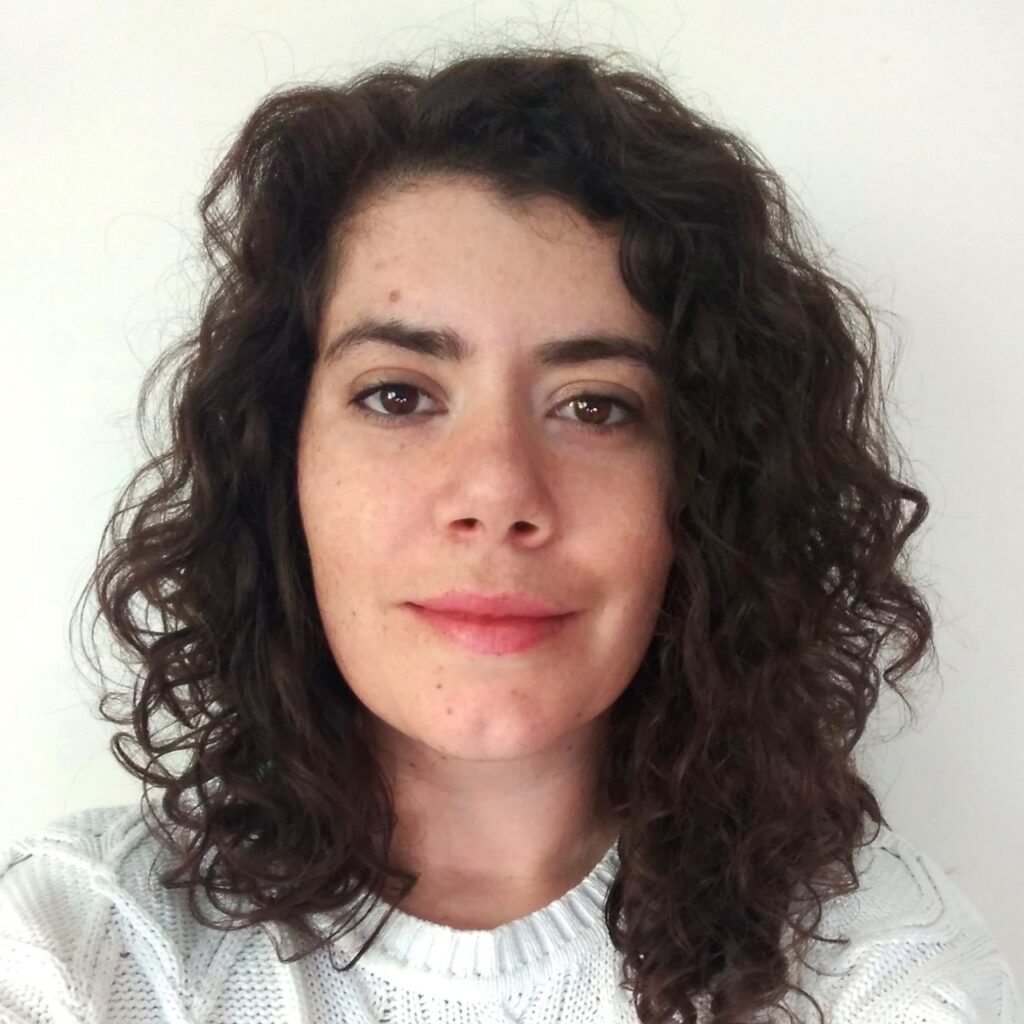
Inês Gregório is a molecular ecologist with a BSc in Biology (2014) and MSc in Applied Ecology (2017), both awarded by the University of Aveiro (Portugal). Her main research interests focus on the use of genomic tools to answer various ecological questions (genetic structure, connectivity and adaptation) to inform management and conservation of natural populations and vulnerable ecosystems. Currently, she is a PhD candidate on the doctoral programme in Genetics, Evolution and Biodiversity (BIODIV, CIBIO/FCUP) and a fellow of the Portuguese Science and Technology Foundation (FCT). Her research project aims at assessing the diversity, connectivity and resilience of deep-sea habitat-forming sponges under climate change scenarios, using ecological modelling and genomic approaches.
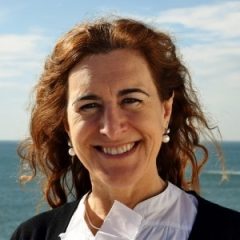
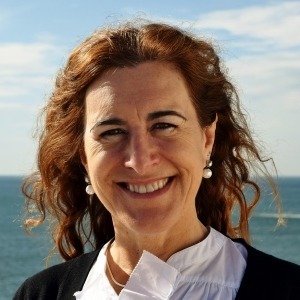
Marta Chantal Ribeiro is an Associate Professor at the Faculty of Law of the University of Porto. She holds a Master degree in European Integration and a PhD in the field of the Law of the Sea. Currently, her research is focused on conservation of marine biodiversity (in particular MPAs), sustainable fisheries, deep-sea mining, marine spatial planning and marine robotics. In 2011, Marta was awarded with the 2010 Gerard J. Mangone Prize.
Xavier JR, Pomponi SA and Kenchington EL
2023Front. Mar. Sci. 10:1132451.Xavier JR, Rees DJ, Pereira R, Colaço A, Pham CK and Carvalho FC
2021Front. Mar. Sci. 8:600087.Howell KL, Hilário A, Allcock AL,..., Xavier JR
2021Nature Ecology and Evolution 5, 265–267.Howell KL, Hilario A, Allcock AL,..., Xavier JR
2020Frontiers in Marine Science 7:584861.Carvalho F, Cárdenas P, Ríos P, Cristobo J, Rapp HT, Xavier JR
2020PeerJ 8:e8703Chantal Ribeiro M, Ferreira R, Pereira E, Soares J
2020Marine Policy 114, 103338.Xavier JR, Carreiro-Silva M, Colaco A, Le Bris N, Levin L
2019In: Levin L, Baker M, Thompson T (Eds.) Deep-ocean climate change impacts on habitat, fish and fisheries. FAO Fisheries and Aquaculture Technical Paper No. 638. Rome, FAO. 186 pp.Website by: Glitz Design